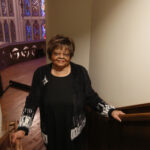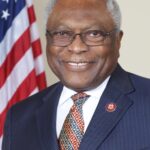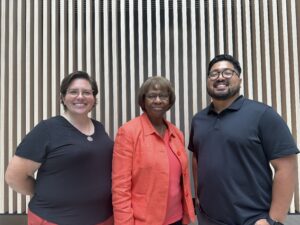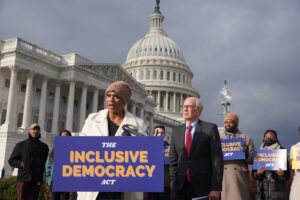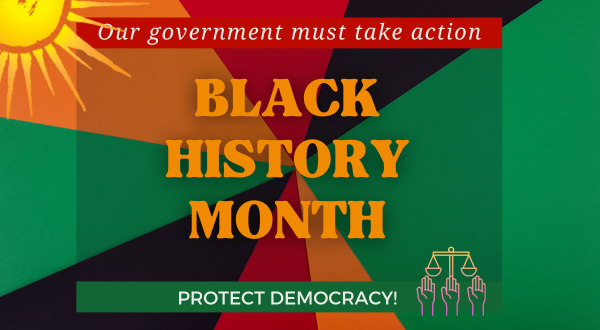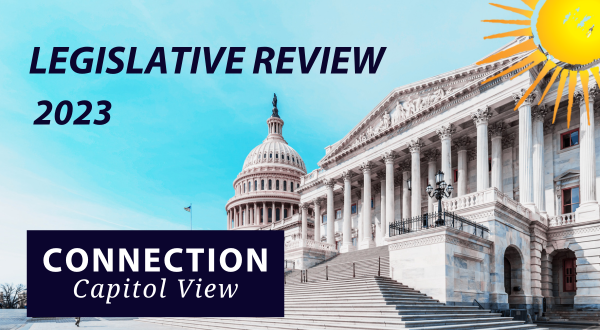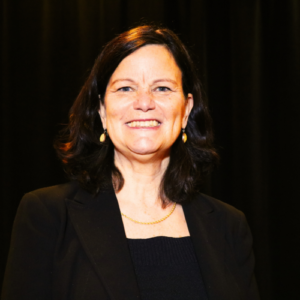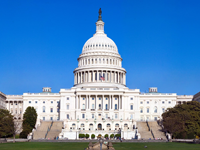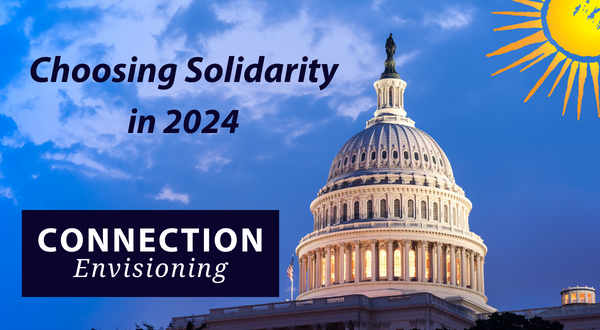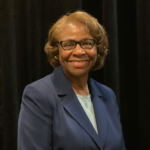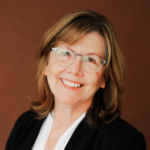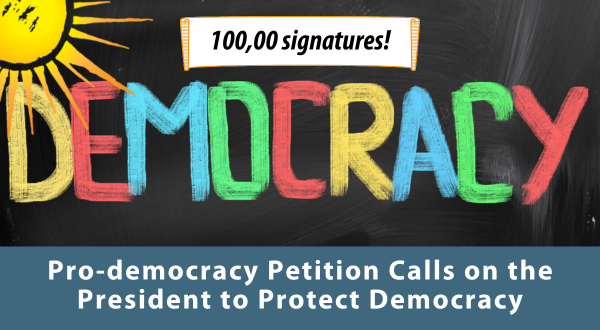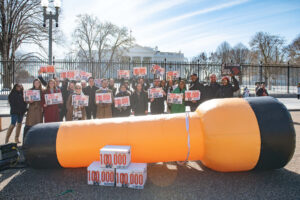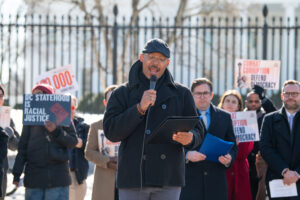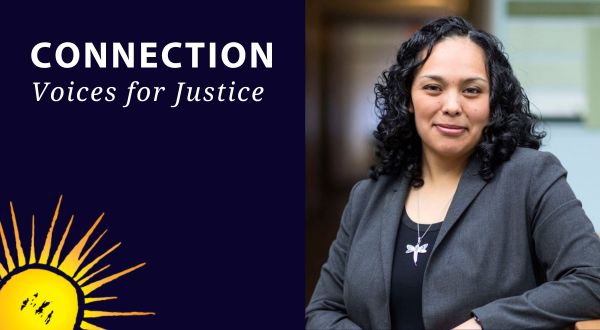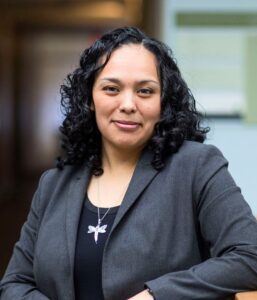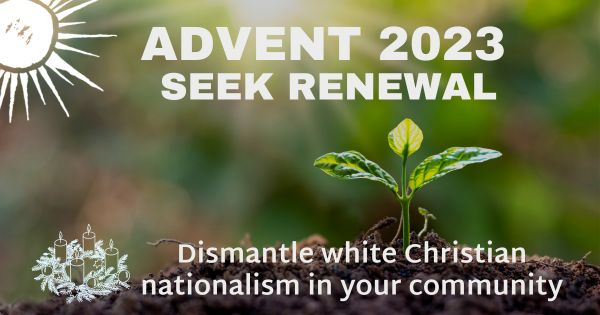
Lent Week Five: Show Up With Your Whole Self
NETWORK Staff
March 13, 2024
Scripture: Fifth Sunday of Lent
Reflection: In the Gospel this week, Jesus speaks about what it means to bear fruit. He proclaims that “unless a grain of wheat falls to the ground and dies,” it will not bear fruit. This troubles us in our work of seeking justice and a better tomorrow in which every person can flourish. What exactly needs to die in us?
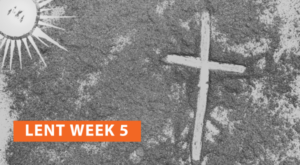 As we look ahead to the stark choice we face in the 2024 election, it becomes clear that what needs to die in us is apathy, despair, and all the hatred, anger, and us-versus-them mindsets that keep us from solidarity with our neighbor. All of these things–the division and disengagement–help the wealthy and powerful amass power and resources, while hard-working people in our communities are deprived of the resources needed to live the dignified life we all deserve.
As we look ahead to the stark choice we face in the 2024 election, it becomes clear that what needs to die in us is apathy, despair, and all the hatred, anger, and us-versus-them mindsets that keep us from solidarity with our neighbor. All of these things–the division and disengagement–help the wealthy and powerful amass power and resources, while hard-working people in our communities are deprived of the resources needed to live the dignified life we all deserve.
When we “die” to despair and division, our most whole and resilient self can emerge. This is the self we need to meet the challenges of this year, in order to together build a future for everyone.
We all know that policy affects our lives–all of our lives. Bad policy sustains unjust structures that perpetuate poverty, racism, and all forms of exclusion. Good policy, on the other hand, like the expanded Child Tax Credit, food assistance programs, workers’ protections, and more, can actualize the freedoms we need to care for ourselves and our loved ones, to be healthy, to live in safety, and to participate in democracy.
Elections are always a choice, but the 2024 election poses a stark choice, with particularly high stakes. White Christian nationalism threatens our democracy and deteriorates our public processes. Politicians use racial scapegoating, especially against immigrants seeking safety, to consolidate power and divide us. And the wealthy few continue to hoard astronomical wealth, while the rest of us struggle to put food on the table or pay the rent.
The politicians seeking to consolidate power and resources want us to give up on elections–to sit the elections out. They sow confusion, chaos, and division in the hopes of disenchanting and disengaging us. But we know better, and we choose engagement. We choose multi-issue voting. We choose a future for all of us, no exceptions — echoing the words of Pope Francis, whose 11th anniversary as pope we celebrate today, a future for “todos, todos, todos!”
Lenten Prayer
Prayer by NETWORK Executive Director Mary J. Novak:
Merciful and loving God, we come before you in need of care and assurance
In need of your assistance in mustering the courage so necessary for resilience
We journey today, aware of the challenges and perils before us, but struggling for hope
We journey ready to give of ourselves, but fearful of the possible cost
Help us to move forward to do what it ours to do in building Beloved Community
Help us remember that you are with us in the depths of every earthly struggle
Help us to be open to the possibilities of your goodness, grace, and surprises
For all things are possible with you, and that is the greatest assurance of all.
Amen.
Take Action
As we embark upon the 2024 election, it is important that we seek to educate one another and strive to be informed, faithful voters. This is why NETWORK is offering a four-part 2024 Election Training Series: Informed, Engaged, Committed.
Join NETWORK Advocates from across the country to dig deeper into what it means to be a multi-issue Catholic voter, learn strategies to engage people in challenging conversations and build hope-filled narratives that inspire people to care about important issues, and explore concrete actions you can take to influence the election.
Week 1: Multi-Issue Voting
April 9 or April 13
Our social teachings and tradition provide us with a framework for living responsibly and building a just society. In an election year, this includes being a multi-issue voter. Join us to learn more deeply about what it means, as Catholics, to be multi-issue voters, and what that looks like this election year. Using NETWORK’s Equally Sacred Checklist as a guide, we will discern ways you can be an informed, engaged, and committed voter this year.
Week 2: Breaking Through the Election Noise, Part One
April 16, April 18, or April 20
Conversations are hard in a world as divided as ours, and yet they’re critical to advancing the world that we want to build together. Join us to discuss the barriers to transformation and develop the skills needed to break down those barriers and advance justice through transforming those in our own circles, during this election season and beyond.
Week 3: Breaking Through the Election Noise, Part Two
April 23, April 25, or April 27
So-called commonsense narratives often define what people believe. The secret to believability is crafting a narrative that people can understand and repeat easily. Join us to learn the principles of Race Class Narrative and how it helps to build an effective narrative that invites people into the work of justice without watering down our goals.
Week 4: Act to Impact
April 30, May 2, or May 4
We all know that this year’s election is incredibly important; however, figuring out how to engage most strategically can be confusing and even overwhelming. This training will explore a variety of concrete ways you can prepare yourself and your community for the upcoming election. Participants will learn more about how to develop a voting plan, coordinate a voter registration drive, volunteer at the polls, and much more!
You’ll notice that each workshop session has multiple time slots. You only need to sign up for one since the content will be repeated. You do not have to sign up for the same time slot each week. We hope that you can attend all four workshops in the series, but we will welcome your participation in any!







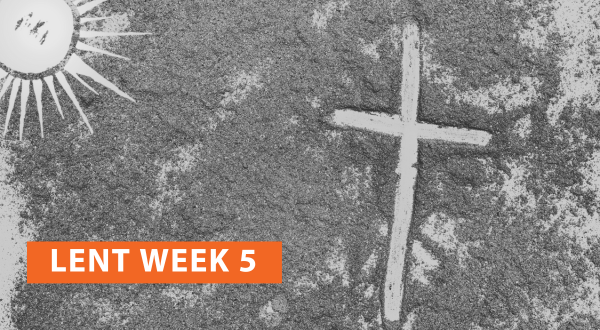
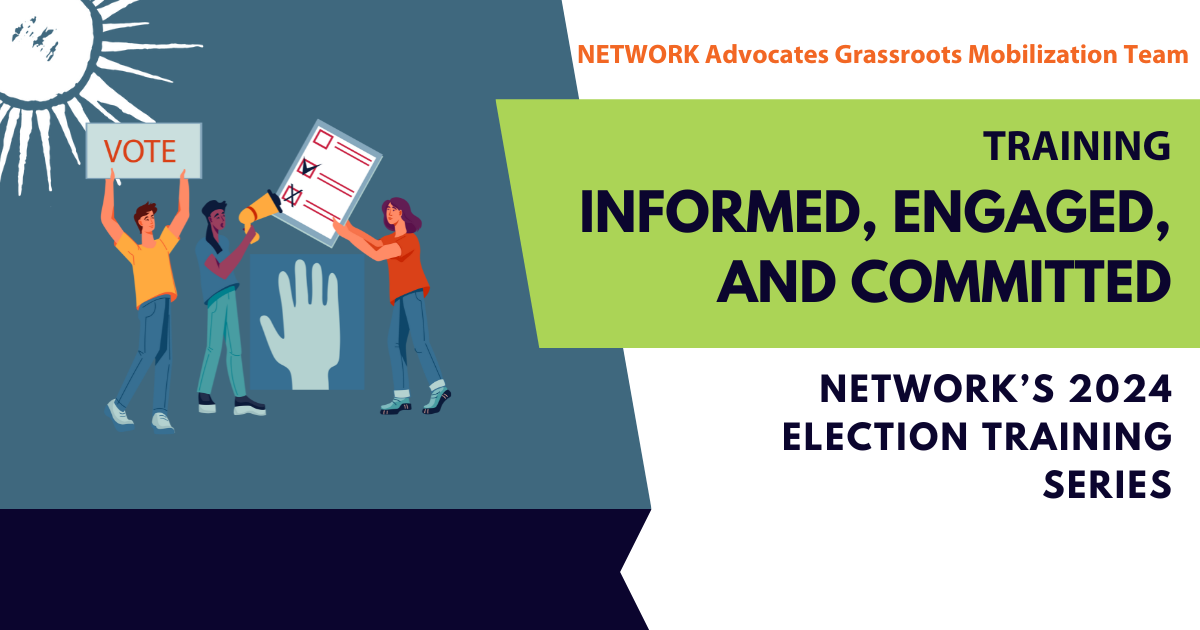
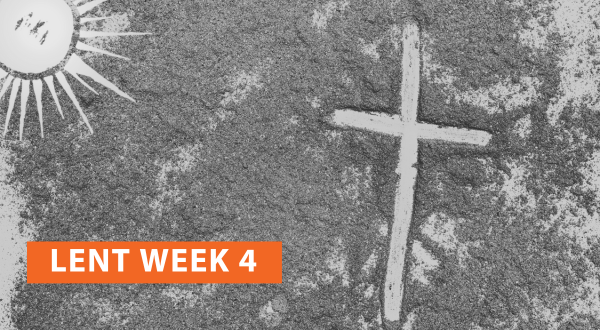
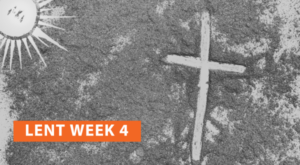 As we enter the fourth week of Lent, we turn to our deep need to both accept God’s mercy and extend mercy to others. To show mercy to others (and to oneself!) means joining in God’s merciful, broad, and inclusive invitation to work together for the common good, and to transform our structures of racial, economic, and social injustice.
As we enter the fourth week of Lent, we turn to our deep need to both accept God’s mercy and extend mercy to others. To show mercy to others (and to oneself!) means joining in God’s merciful, broad, and inclusive invitation to work together for the common good, and to transform our structures of racial, economic, and social injustice.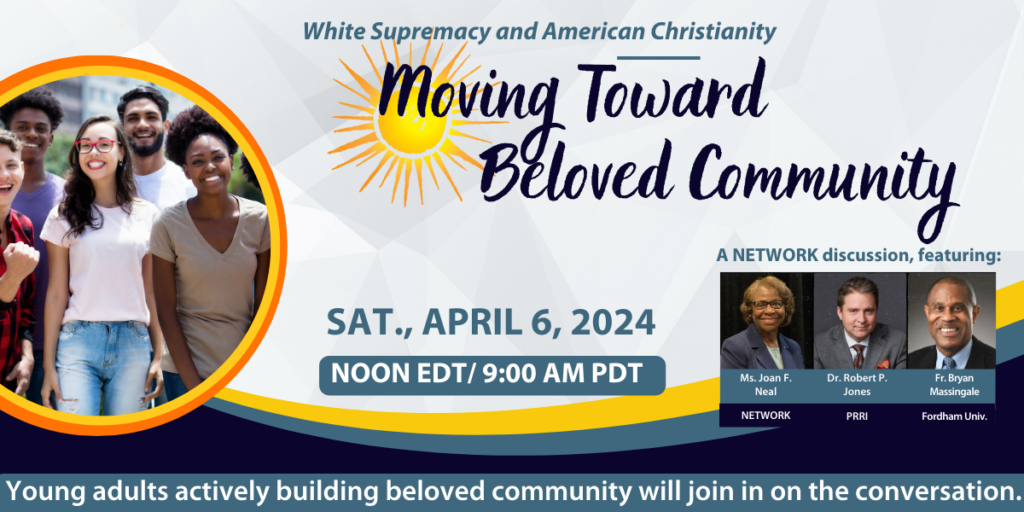
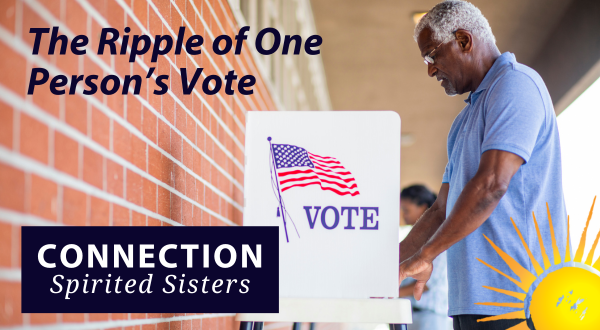

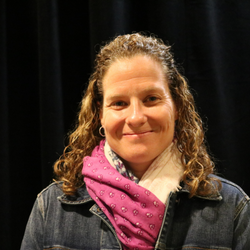
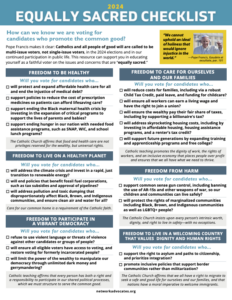
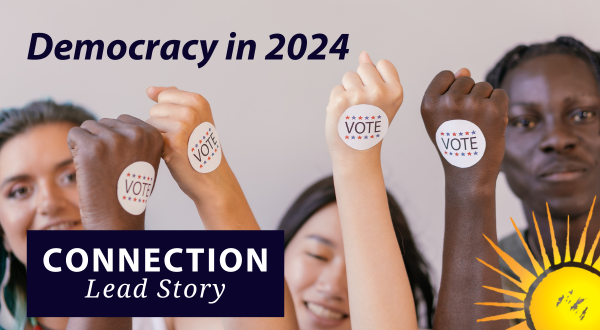
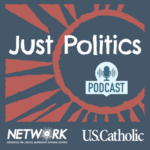 It all raises the question of the overall health of democracy in the U.S. and its prospects for weathering the 2024 elections — in the presidential race, Senate, House, and state-level contests. Advocates, academics, and leaders in the areas of faith and politics agree — and shared with
It all raises the question of the overall health of democracy in the U.S. and its prospects for weathering the 2024 elections — in the presidential race, Senate, House, and state-level contests. Advocates, academics, and leaders in the areas of faith and politics agree — and shared with 

